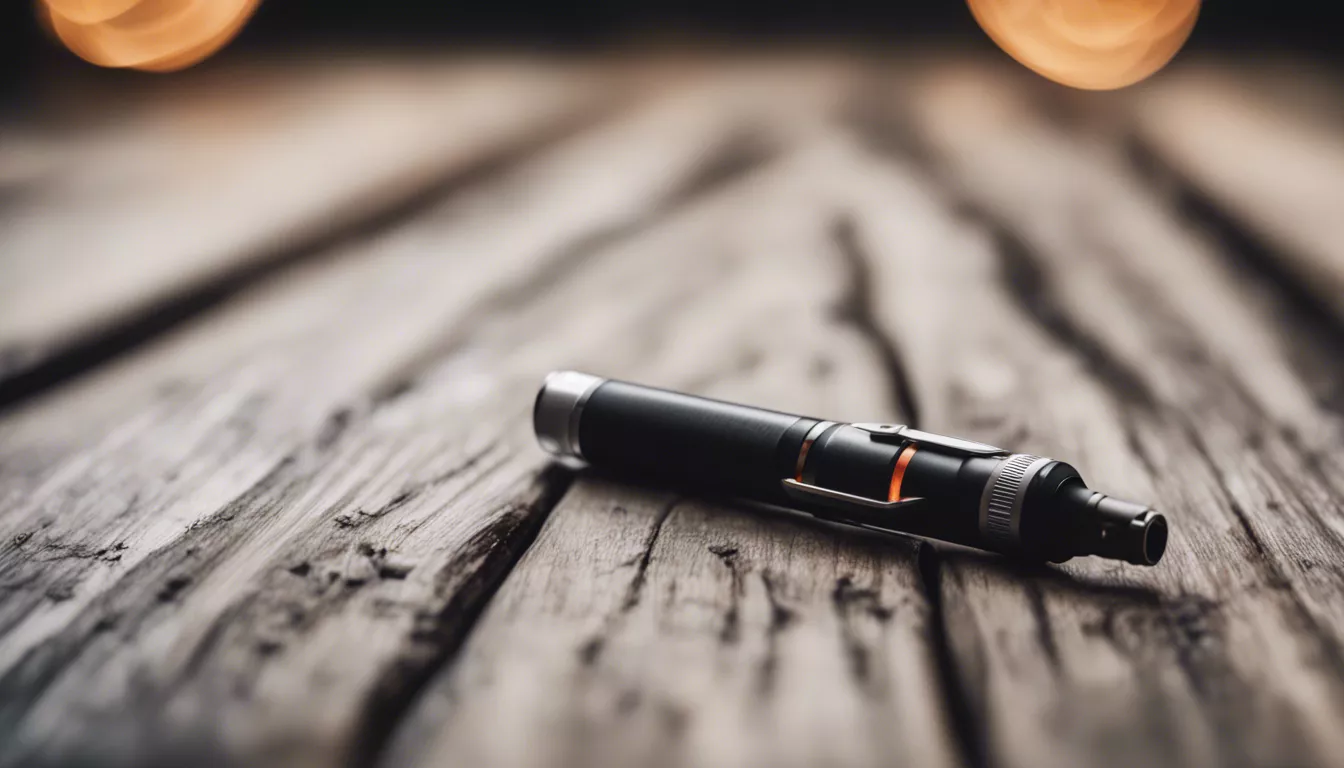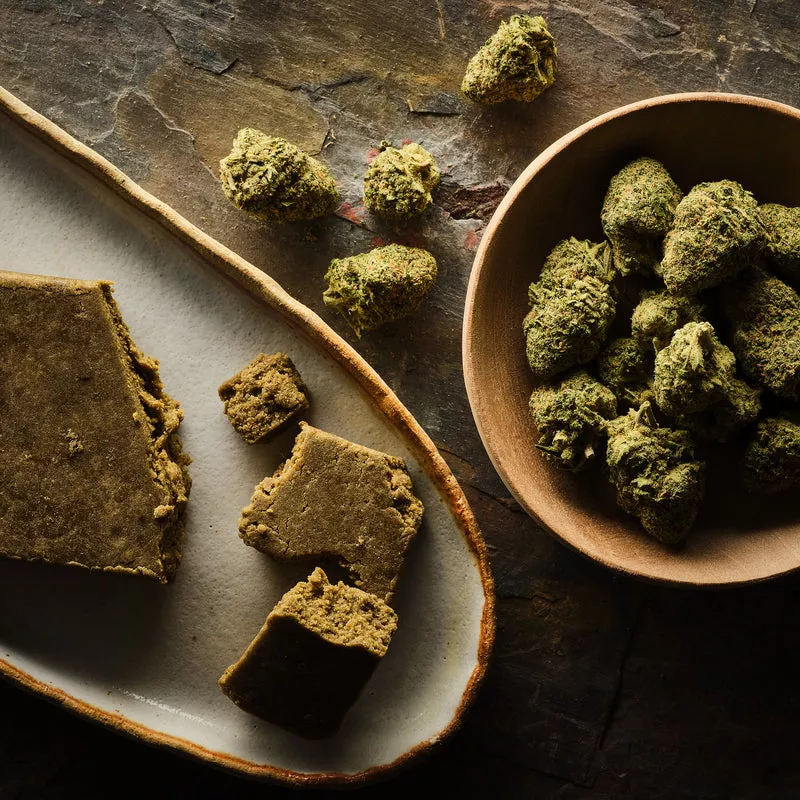- Shop All
- Type
- (144) THC>
- (74) CBD>
- Need
- Sleep>
- (21) Pain>
- (10) Anxiety>
- (6) Pets>
- (88) Edibles
- (14) CBD Edibles>
- (60) THC Edibles>
- (3) Ratio Edibles>
- (33) Hybrid Edibles>
- (86) Vegan>
- (5) Beverages>
- Strain
- (29) Indica>
- (24) Sativa>
- (47) Hybrid>
- (14) Tinctures
- (5) Anxiety Tinctures>
- (9) CBD Tincture>
- (1) Pain Tincture>
- (4) Ratio Tincture>
- (4) Sleep Tincture>
- (4) THC Tincture>
- (4) Capsules
- (1) CBD Capsules>
- (0) THC Capsules>
- (3) Ratio Capsules>
- Foggers
Dog Anxiety A Problem? We Have The Best Solution
Sarah LightfootFebruary 24, 2021LatestContents
Is your dog trying to tell you something? #doganxiety
Cannabidiol oil (CBD) products have taken center stage as the go-to for relief of a number of human health conditions including pain, neurological disorders and anxiety. Boutique online and brick and mortar pet suppliers have taken notice, and an increasing number of CBD dog treats are appearing in their windows. But how safe are these cannabis extracts for our four legged friends?
Veterinarians across the board are recommending CBD for their canine patients, specifically to address the suffering from anxiety - distress linked to a sense of fear, or a state of apprehension. Dogs, much like their two legged counterparts, experience the jitters, once triggered from a variety of sources. They are howling for CBD tinctures, are you listening?
The first priority as the parent, is to identify and where possible, cancel the source of the anxiety. Observe the behaviour of your dog. Their anxiety could likely present itself in ways similar to those as evidenced in humans. Proper socialization and obedience training are key in the prevention and management of dog anxiety. Next, determine whether natural supplemental remedies such as the Natuur CBD Pet Line, are the right fit for your pet. As always, it is recommended to consult with a veterinarian prior to beginning any treatment plan.
Tell tale signs of dog anxiety include:
- Irritability
- Aggression
- Unprovoked biting
- Pacing or restlessness
- Irregular sleeping patterns
- Attention seeking behaviours
- Accelerated breathing or panting
- Excessive barking
- Tremors or shivering
- Hiding
What is CBD Oil?
Cannabidiol (CBD) oil is a derivative of the cannabis plant. It is high time that it is recognized for its healing properties. We must consider it uniquely from its cohort - THC - the other more commonly known cannabinoid (and the one rumoured to be behind those tingly, giddy sensations). It is important for differentiation here, as CBD in isolation does not produce intoxicating effects. This detail is significant and is one worth taking into account when shopping for the optimal CBD oil for dogs.
CBD has a calming effect on our neurology. It is non-psychotropic. It is reputed to have a positive impact on the endocannabinoid system, thus helping to regulate pain and to maintain homeostasis - our state of equilibrium of physical processes. This system impacts several mechanisms and has emerged as an integral link between behavioural and neurophysiological outcomes, such as anxiety and stress-management, and the perception of stimuli, both internal and external.
“Every animal with a spinal column also has an endocannabinoid system, so it stands to reason that cannabis can help many species.”
- Liz Hughston is a retired veterinarian who weeded through the pharmaceutical world of anxiety medications until she discovered the myriad of health benefits of all-natural CBD products, when used to treat her dog’s anxiety.
How do I choose the best CBD oil for my dog?
CBD extracts come in a variety of shapes and formulas. Our favourite CBD products for dogs are Birch and Fog premium quality tinctures. Available in a range of flavours, and in easy to use CBD isolate droppers, these products make for effortless, accurate measuring, and are ready to be added directly into your water or food bowls.
The extraction process for full spectrum CBD oil keeps the entire spectrum intact cannabinoids, compounds and terpenes oh my! Full spectrum CBD products may contain some THC, in quantities as low as 0.3%. Researchers often signal a boost in health benefits when these multiple compounds are present, and regularly promote this ‘entourage effect’. As the complete range of cannabinoids may be present in full spectrum CBD, our preference is for CBD isolate when it comes to remedial treatments for dogs.
CBD isolate is the purest available form of CBD and is free from all other ingredients. It is produced with a purity level that can hover around 99% . It does not contain THC - the psychoactive component of the cannabis plant. For dogs with dietary sensitivities, or those new to ingesting cannabis extracts, we suggest CBD isolate as a low-risk high reward place to start. Early clinical veterinary studies are encouraging, and many would agree that getting Buddy high while intending to calm his nerves, seems rather counterintuitive. Of course you want the best bet for your pet - so opt only for an A-1 (top shelf) CBD isolate, where product potency, indicators of user trust or reviews, and quality control are assured.
How much CBD Oil should I give my dog?
Dosing Schedule
Salmon and bacon flavoured CBD tinctures are designed exclusively for pets and are presented in foolproof dropper bottles, with a variety of potency options to choose from. *Warning: Human bacon lovers may have a tough time resisting the temptation to sneak a few drops of these formulas for themselves.
The best advice we can give you to determine a CBD oil dosing schedule for your dog is to start slow and low - remember, your dog may have a system more delicate than your own. Follow brand specific guidelines and monitor your dog’s response on an ongoing basis. You can always adjust the dosing as you observe the effects of the product and notice a shift in the tolerance.
CBD isolate tinctures come in different potencies, conscientiously formulated for dogs of different sizes. Begin by calculating the milligrams of CBD suitable for your dog, based on their weight. A good point of departure is 0.25 mg of CBD per pound, given twice daily with food. To reduce the need for cumbersome calculations, we’ve included an infographic showing examples of suggested doses by weight.
- Enter screen shot virtuoso here!
Below is our super handy reference table to keep readily accessible on all your devices, or pin it the old fashioned way - to a cork board where you keep your dog’s food.
Will CBD Oil help my dog’s anxiety?
Takeaway
Anecdotal signs point to yes, as does the steady flux of literature supporting the use of CBD isolate in dogs. With environmental stressors removed, and daily use of CBD oil, many dogs have ‘reported’ a complete emotional shift - a much welcomed departure from their nerve driven behavioural tendencies of yesteryear. Highly effective in treating anxiety and stress in pets, CBD isolate is certainly worthwhile exploring as a therapeutic for these and other veterinary applications.
With oft-fluctuating elements of surprise and a limited control over who or what may be a trigger for anxiety, it is just plain sensible to incorporate CBD isolate into the day-day and long term nutritional program for your canine companion.
Unaddressed or chronic anxiety may influence persistent complications or suffering such as a weakened immune system, life-threatening cardiac problems or the potential for stroke. When used as a preventative, CBD oil contributes to a heightened sense of wellbeing, and an overall better quality of life. What better reason to offer CBD isolate for your dog on an ongoing basis than added peace of mind for you both.
Take the lead on this one. Your dog has spoken.
0/5 (0 Reviews)Latestfrom B+FBe the first to know about exciting new products, special events, seasonal offers, and much moreOur Collective
Wellness to your doorstepCopyright © 2024 All Rights Reserved | BIRCH + FOG[gtranslate]Save your cart?
x










